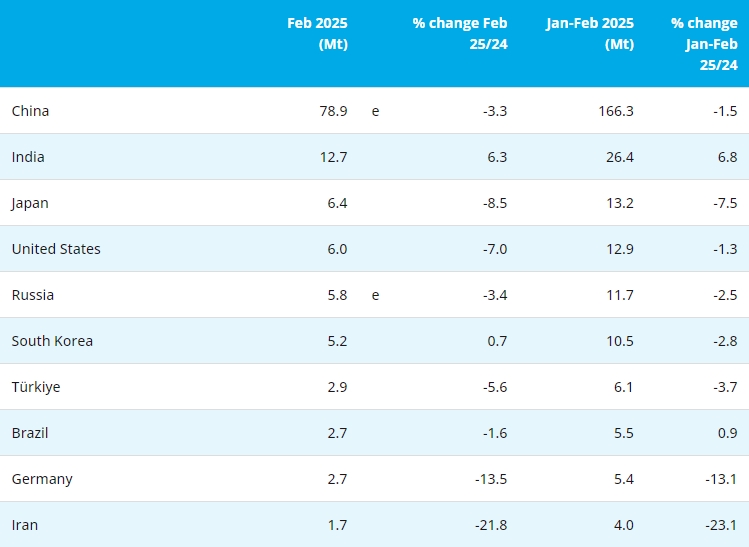[ferro-alloys.com]The head of Shell's global gas business said on Sept. 7 that he wasn't bullish on natural gas prices in the near term, oil prices were at artificial levels due to suppressed demand and supply, and there was still a difficult time ahead for the global economy due to the coronavirus pandemic.
"I'm not a near-term bull. Clearly, you know, what happens tomorrow or next week is beyond my forecasting abilities. But I think there is still a difficult economic time ahead," Maarten Wetselaar, Shell's Integrated Gas & New Energies Director & Member of the Executive Committee, said.
"Looking on the oil side the pricing is at the moment rather artificial. There's a lot of suppressed demand and a lot of suppressed supply," he said, adding that it will be some time before the market can really be structurally bullish about energy prices.
Speaking at the opening session of the Gastech Virtual Summit, Wetselaar said getting a vaccine out, that works, to seven billion people has never been done before and will take some time.
Because of the uncertainty, Shell was planning for resilience and for the impact of COVID-19 to last for longer. "Not that we want to, but we need to," he said.
Wetselaar denied that there were any regrets about Shell's $53 billion acquisition of BG Group a few years ago, given the growing resistance to fossil fuels and the impact of the pandemic that triggered billions of dollars of asset write downs, saying the deal was done taking into account the cyclical nature of the business.
He was also vocal about growing challenges for energy companies around methane emissions and how many were failing to recognize the challenge this will pose in future.
"We've made a lot of progress," Wetselaar said. "Other companies have also signed up to [emissions] targets and are making real progress. [But] in the global gas industry we're not even halfway there."
"If people don't want to attack their methane emissions because they simply don't believe in the urgency, they should get ready for radical transparency because it won't be long before satellites can measure the methane leaks and emissions from operational assets," he said. "And then it doesn't matter what you put in your annual report anymore and the whole world will be able to see what you do. So I do think the industry is not yet at the level of urgency that we want."
Power sector returns
One of the key concerns raised by investors about oil companies transitioning to become energy and power companies is that the electricity business does not typically generate the 8% to 12% returns typical in the oil and gas business.
Wetselaar said the power market is set to totally transform and the original incumbents with large coal-fired fleets or gas fired fleets, and large centralized systems, will find it hard to transition, leaving room for companies like Shell to step in.
"Some of them will make it and some of them won't," he said, adding that returns in the new electricity market for energy companies will come from a number of areas such as a lot more financial engineering than the oil and gas side is used to.
He said the second key source of higher returns for oil and gas companies will be the integration of power generation, trading and customers, with a trading opportunity that has never been as large in the power business to date.
Big integrated energy players with a sophisticated trading operation like Shell can make more money than players restricted to a certain business segment, Wetselaar said, adding that customers that want to decarbonize like to do it with a thought leader.
"It's very hard for a utility to play that [transitionary] role because they can't. They are not at the starting point. They're only at the finishing point with the green power," he said. "I do believe that our total business is still in the 8%-12% returns range. And that is what we're investing to achieve."
(S&P Global Platts)
- [Editor:王可]



 Save
Save Print
Print Daily News
Daily News Research
Research Magazine
Magazine Company Database
Company Database Customized Database
Customized Database Conferences
Conferences Advertisement
Advertisement Trade
Trade








 Online inquiry
Online inquiry Contact
Contact

Tell Us What You Think